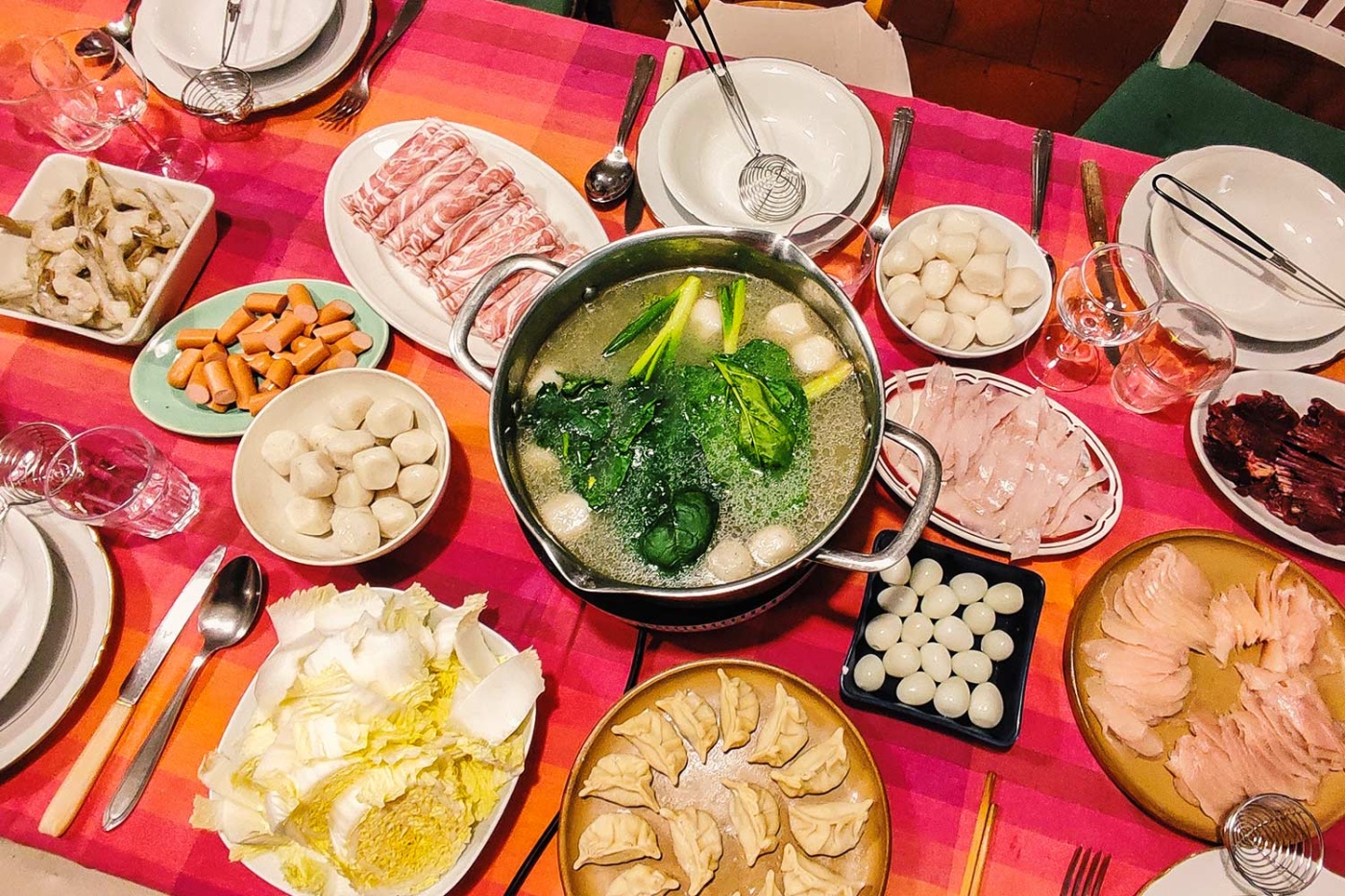What It’s Like to Celebrate Chinese New Year Abroad
Growing up in a family that was entrenched in devout Christian faith, Chinese New Year festivities, superstitions and the notion of “getting rich” did not sit well with us. Year after year, I recall being torn from my bed in the wee hours of CNY eve and being whisked across the causeway for three-day trips to Kuantan, Penang or some deserted island on the east coast of the peninsula. We would play in the sand, tuck into zi char (‘cooked food’ in Hokkien) feasts that cost next to nothing and engage in daily bible study sessions by the water’s edge at sunset.
However reposeful the getaway was meant to be, not sticking around for the Spring Festival had its disadvantages. The obvious one was returning to school without much ang pao money as a young kid, though my parents made up for it with sizable red packets in exchange for mandarins. After years of griping, they finally decided to stay put for a year of hectic visits. It was dreadful.
You get greeted by sweeping glances at your new dress, automatically sending a thought of “Do my arms look flabby in this?” and a slew of other self-conscious questions that shroud your mind. The inquisition persists, (no, I don’t have a boyfriend) so I head into the kitchen in search of self-preservation and immediately the smell of Ah Ma’s chicken curry floods my senses. It is made with spices and gussied up by flecks of feisty chilli, which has to be accompanied by hefty servings of bee hoon, moistened with prawn stock. This once-a-year occasion allows you to consume as many drum sticks, or wings as one pleases without holding back. On my Ah Ma’s end, it was visually satisfying to see bones being stacked up and she would egg me on with the comment “jiak.”
As much as I would love to hate on Chinese New Year and its nonsensical customary values, I cannot will myself to. The pineapple tarts, kok chai (mini peanut puffs), crispy roast pork, are all wonderful peacemakers. For many of us, this time of year is about finding joy in planning various meals and get-togethers in the thick of the winter months—tossing hot pot prospects in between the raclette and choucroute roster.
Last year, freshly integrated into the French countryside, I donned a red dress and cooked up a storm in the kitchen. Between black pepper beef stir-fried with peppers, golden ingots of shrimps dumplings and crispy cereal prawns, I prepared a feast for my family that far eclipsed anything I’ve had done in my younger years and washed it down with a bottle of deep garnet-hued Chinon wine.
This year, as the Year of the Tiger roars in (it is my year), I’m plagued by this feeling that I am supposed to do something. Like get some new pyjamas, perhaps a new set of bed sheets or even conduct a little Marie Kondo spring cleaning session. Yet, I did nothing. It’s not that I do not care about the Lunar New Year, none of these superstitions has ever been an indelible part of me. I do, however, appreciate and get nostalgic over the food and sharing a meal together. So I laboured over a pork bone stock and with the help of my other half, orchestrated a steamboat dinner replete with homemade prawn, pork and water chestnut dumplings, quail eggs and paper-thin slices of lamb. It wasn’t perfect, nor was it understood by the folks who placed a whole bunch of raw ingredients in their bowls, oblivious to the fact that cooking was supposed to be a communal activity conducted by whoever was in closest proximity to their desired ingredient.
As I sat there among people who did not know the significance of the Festival, and like me, didn’t give two hoots about the superstitions that came along with it, I came to this realisation; the excuse to feast and drink is universal—one that everyone is familiar with.


